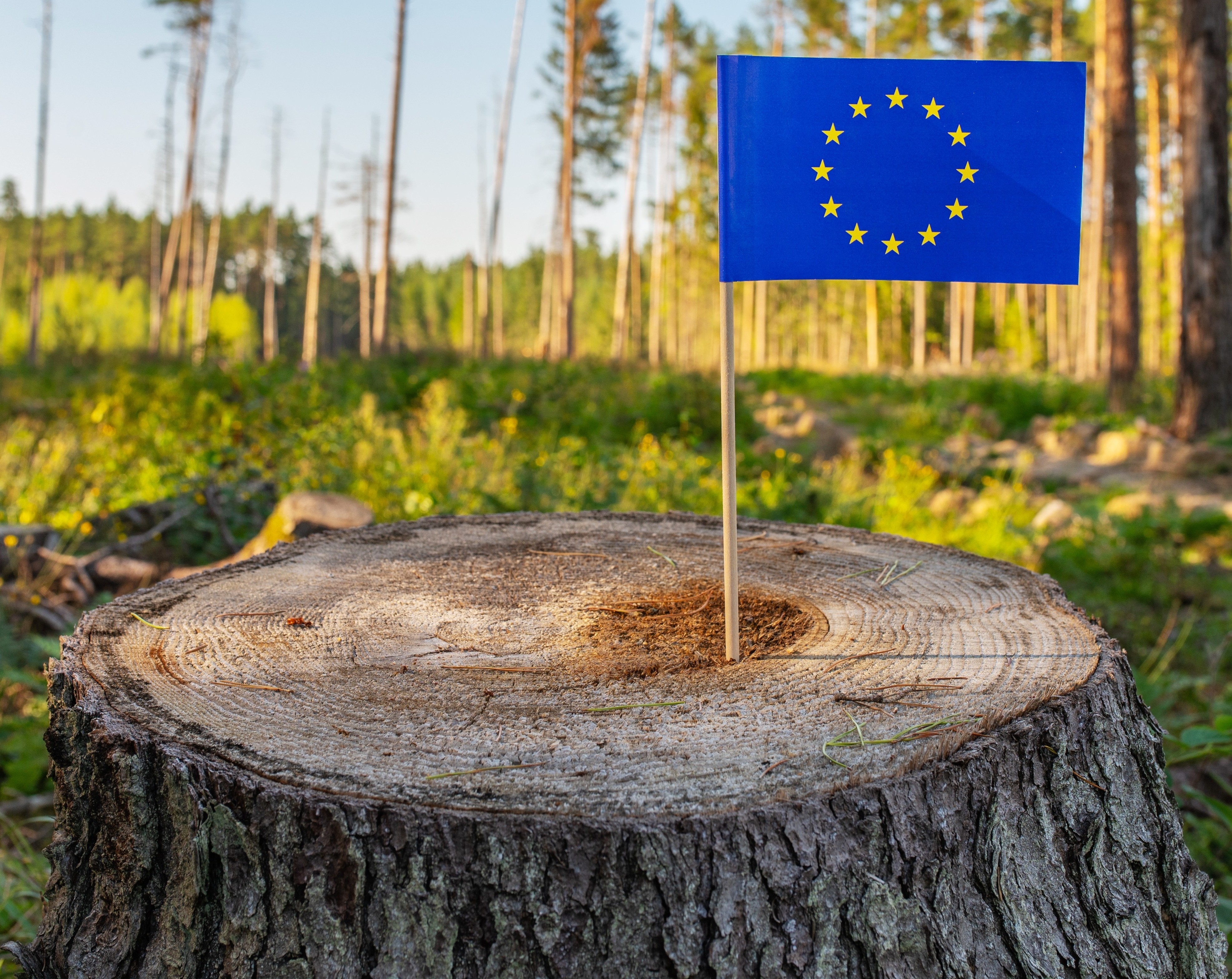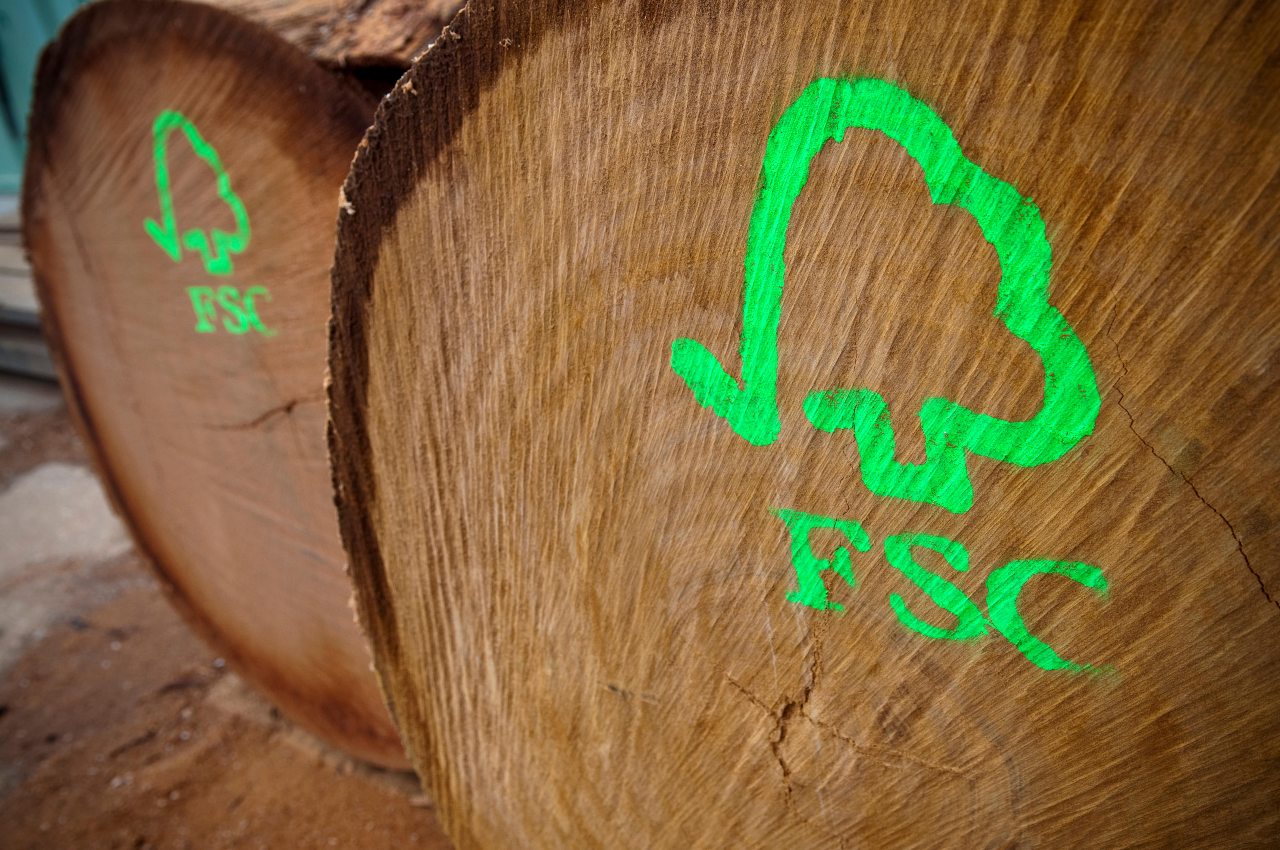
The Mexican attorney general’s office for environmental
protection (PROFEPA) has claimed that 6,000
to 8,000 ha of forests are cleared each year to make way for avocado
orchards in the Mexican state of Michoacán, amid allegations of widespread
illegality.
This is a much higher rate than the 1,000 ha of
deforestation previously thought to be taking place, as reported by Earthsight last month. The estimate came shortly after PROFEPA revealed in a press
release, in late October, that forest conversion for avocados is routinely
taking place without legally-required permits.
The head of PROFEPA, Guillermo Haro Bélchez, pledged to curb
the deforestation of areas earmarked for conservation, which he described as “a
more important resource than avocado exports”.
A recent article by
AFP claims that since August Mexican authorities have detained dozens of people
working in fields in illegally-invaded forests.
In August, the Guardian
reported that avocado exports from Michoacán have become a lucrative
business for organised crime as drug cartels extort about £86 million a year
from producers. The article highlights the illegalities committed by several
farmers, who initially grow avocado trees underneath pine boughs and then cut
down the pines completely.
Pine and fir forests are the primary targets of
deforestation, as avocados flourish at about the same altitude. Avocado orchards
currently occupy around 150,000
ha of forest land in Michoacán.
Avocado production has increased significantly since 2000 to
meet rising global demand. Avocado exports from Mexico grew from £48 million in
2003 to £1.2 billion in 2015. According to PROFEPA, Michoacán grows 80%
of the avocados exported worldwide.
PROFEPA said in its press
release (Spanish) that it is maintaining dialogue with producers to
make the industry more sustainable and to “discuss irregularities”. The attorney
general’s office highlighted that forest land conversion for avocado production
is illegal and promised to increase efforts to halt deforestation. Bélchez says
that the Mexican federal government aims to achieve zero deforestation by 2030.
The Mexican Association of Avocado Producers, Packers and
Exporters (APEAM) has defended
the industry, claiming that it is carrying out environmental impact assessments
and will plant thousands of trees in 2017 and 2018 and increase productivity to
combat deforestation. According to APEAM, the “vast majority” of avocado
producers in Michoacán are in full compliance with the law and most
deforestation takes place where avocados can’t grow.
PROFEPA admits that it is difficult
to distinguish between avocados from recognised orchards and those
from illegal cultivation.
In addition to the threat to Michoacán’s forests, there are
concerns that chemicals used in the orchards could be causing illnesses in
communities living nearby. Experts have warned that chemicals used in mountain
orchards may be contaminating
ground water, rivers and lakes, that are used by communities.
There are reports of residents suffering from liver and kidney problems, which may be a consequence of the use of pesticides.



